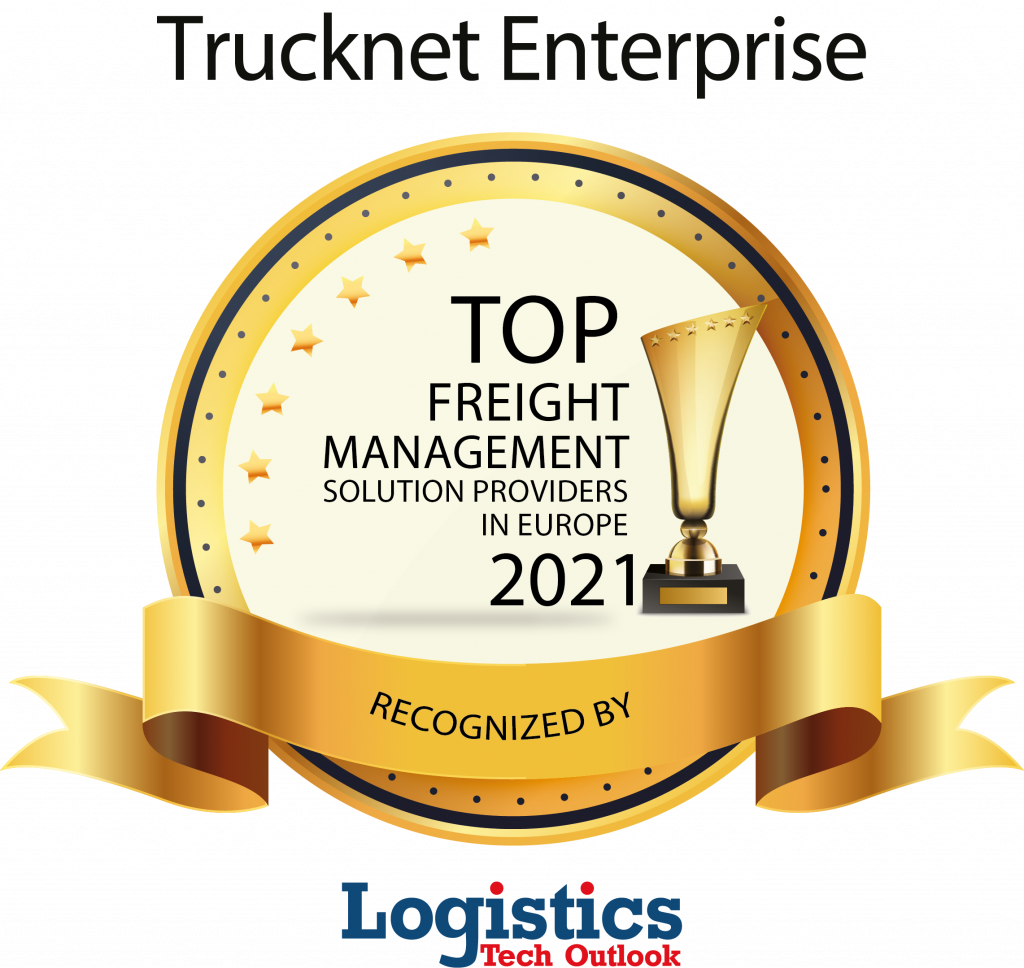Blockchain in the logistics industry
Logistics is an important part of the supply chain process and transportation management within. A report from the Envision Intelligence agency notes that the global freight and logistics market will reach $19.36 trillion by 2024. While this appears to be a very lucrative industry, many companies are missing out on a significant percentage of their profits due to unnecessary costs, ineffective practices, theft and cyber-attacks. Stolen, mis-shipped and/or mislabeled shipments alone account for about $50 billion in damages annually.
Why blockchain?

Let’s look at 6 ways blockchain can be used for improving logistics processes:
- Efficiency
Blockchain has the potential to dramatically improve shipping and freight procedures. Logistics companies can use blockchain for enhancing global delivery processes, through efficient tracking, and for increasing productivity.
Due to the competitive nature of the logistics industry, its structure can be fragmented resulting in low levels of transparency. By eliminating bureaucracy in administrative processes, blockchain can replace paperwork through an automated system. This will lead to improvement in the efficiency of global commerce. A solution is provided for monitoring the lifecycle of a product from origin to shelf, while facilitating all changes in ownership between manufacturers, retailers and buyers.
- Security
Current security technology systems are centralized; therefore, an attacker could have full control over them as soon as they gain access. They could theoretically change or erase any information stored in the system.
In blockchain networks, there is no central authority over the entire system. Compared to other available solutions, blockchain improves security due to the fact that a third party is not able to modify the information stored in the chain.
- Transparency
Using blockchain enhances transparency and security. The technology allows companies to effectively track and record everything – what was changed, why, who made the change, and when. Since all stakeholders in the chain have the same version of the blocks (ledger), there is no dispute regarding transactions. This allows for a more efficient process.
After an order is completed and digital contracts are signed, all data will be reflected in the public ledger. It is stored along with information about who created the transaction and when. It is extremely difficult to tamper with this information and companies that have access to the ledger (registry) can track items in real time.
- Tracking assets and managing inventory in real time
Blockchain can be combined with the Internet of Things (IoT) and mobile technologies to develop real-time delivery monitoring systems. Tracking no longer needs to be done manually; it can be done using digital sensors that track goods throughout the supply chain from start to finish. By using blockchain and the IoT, logistics companies can shorten delivery times, make the logistics process transparent and closely monitor the goods they deliver.
Organizations can maintain accurate and up-to-date inventories using small sensors attached to products or objects. These smart inventories can provide useful data about items, past locations, storage times at the facility, and more.
Thorough inventory auditing can be simplified with IoT sensors, reducing the likelihood of product loss, improper storage, or other issues that could impact overall revenue.
- Smart contracts
A smart contract is a blockchain-based solution that automates the legal binding of agreements in the supply chain. Smart contracts allow companies to track the stages of the logistics process and enforce pre-agreed transaction rules, reducing the risk that the other party will not fulfill the agreement.
This is especially effective in allowing smaller and less established companies with no pre-existing standing or references, such as startups, to join the supply chain sector there can be supply chains in every sector. Thanks to the transparency Blockchain provides, smart contracts can start to alleviate this problem.
- Monitoring performance history
With Blockchain the history of carriers and suppliers can be tracked. Moreover, companies can check the performance of individual vehicles in the fleet and record past performance of specific carriers, including on-time pickups, on-time deliveries, etc.
This access to history enables one to make more informed decisions and thereby improve supply chain management and operations. By relying on valuable data, businesses can design faster routes and remove unnecessary steps in the shipping process.
Conclusion
The logistics industry is huge and complex. Controlling the distribution of goods at different levels can be extremely difficult as the supply chain can go through many stages and geographic locations. In addition, this sector includes many documents and invoices, and if even one sheet of paper is missing, the delivery of the product may be delayed.
The logistics industry, including cargo companies, aims to achieve maximum transparency for the flow of goods in delivery processes. Blockchain technology has the potential to completely transform the industry. Successful supply chain management links processes within and between companies, giving them a competitive advantage.
Combined with new technologies such as the Internet of Things, Big Data and Artificial Intelligence, Blockchain provides an important next step for ensuring transparency in transactions, reducing costs and providing valid route information. Adoption of blockchain will enhance connectivity and promote a stable foundation for a sharing economy that ultimately unlocks new value in logistics.

“Bitcoin is a technological tour de force.”
-Bill Gates



